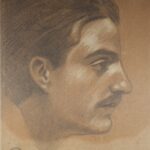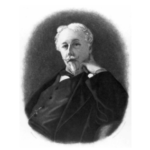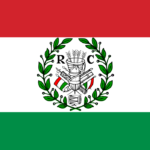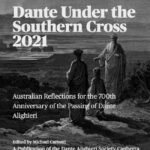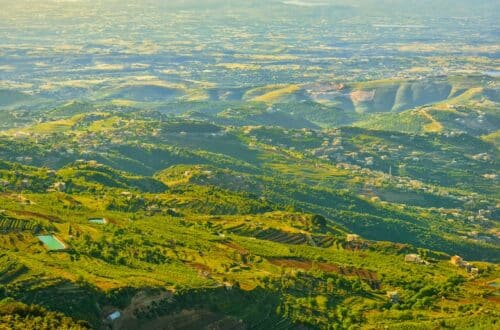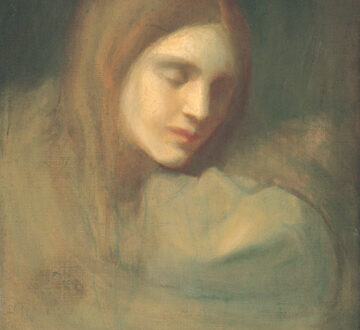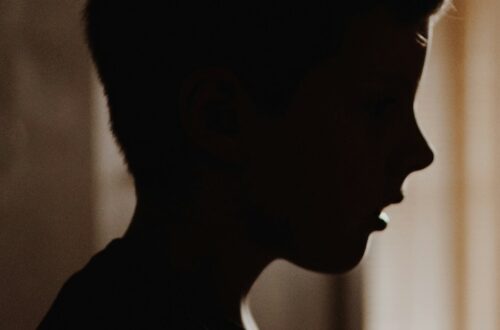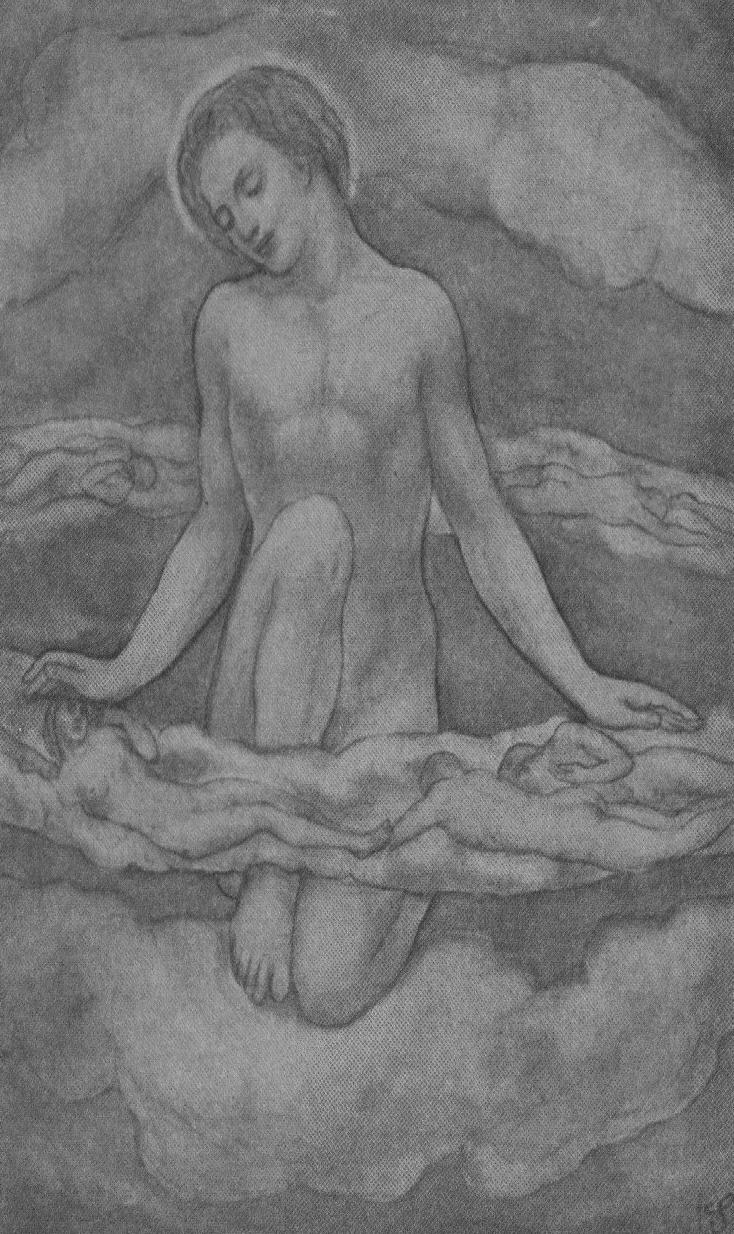
Pity the nation – from the Prophet of Kahlil Gibran
This is a second article on the poetry of Kahlil Gibran. In the first article I translated Gibran’s Arabic poem “The Night” into English. This time the point of departure is a passage from The Prophet, which as previously noted, Gibran wrote in English. It is presented here with an Italian translation.
The passage concerns his thoughts about the nation. It is largely a critique of shortcomings. The poem begins with self-reliance, yet the last line of the poem suggests larger connections. It could have a variety of meanings. If we consider it in light of the following quotes attributed to Kahlil Gibran, it perhaps has a larger significance.
Questo è il mio secondo articolo sulla poesia di Kahlil Gibran. Nel primo articolo ho tradotto la poesia araba “La notte” di Gibran in inglese. Questa volta, il punto di partenza è un brano da Il Profeta, che come già noto, Gibran scrisse in inglese. È presentato qui con una traduzione italiana.
Il brano si concentra su pensieri riguardo alla nazione. È per lo più una critica dei suoi difetti. Il poema inizia con auto-sufficienza, ma l’ultimo verso della poesia suggerisce connessioni più ampie. Può avere diversi significati. Se lo consideriamo nel contesto delle seguente citazioni attribuite a Kahlil Gibran, ha forse significanti più ampi.
“Spare me the political events and power struggles, as the whole earth is my homeland and all men are my fellow countrymen.” words attributed to Kahlil Gibran
“Non mi parlare di politica, né di lotte di potere, perché la Terra intera e il mio paese e tutti gli uomini sono i miei compaesani.” parole attribuite a Kahlil Gibran.
“Should you sit upon a cloud you would not see the boundary line between one country and another, nor the boundary stone between a farm and a farm. It is a pity you cannot sit upon a cloud.“
From Sand and Foam by Kahlil Gibran
“Se ti dovessi sedere su una nuvola non vedresti i confini tra un paese e un altro, né il cippo di confine tra una fattoria ed un’altra. Peccato è, che non ti puoi sedere su una nuvola.”
Pity the Nation
Abbiate pietà per la nazione …
Pity the nation that is full of beliefs and empty of religion.
Pity the nation that wears a cloth it does not weave,
eats a bread it does not harvest,
and drinks a wine that flows not from its own wine-press.
Abbiate pietà per la nazione piena di convinzioni ma vuota di fede.
Abbiate pietà per la nazione che indossa un tessuto che non ha creato,
che mangia pane da grano che non ha raccolto,
e beve un vino che non scorre dalla sua uva.
Pity the nation that acclaims the bully as hero,
and that deems the glittering conqueror bountiful.
Abbiate pietà per la nazione che acclama il tiranno come eroe,
e che stima lo splendente conquistatore munifico.
Pity the nation that despises a passion in its dream,
yet submits in its awakening.
Abbiate pietà per la nazione che disprezza la passione nel suo sogno,
ma che si inchina al suo risveglio.
Pity the nation that raises not its voice save when it walks in a funeral,
boasts not except among its ruins,
and will rebel not save when its neck is laid between the sword and the block.
Abbiate pietà per la nazione che non alza la sua voce salvo nel processo funebre,
non si vanta, salvo fra le rovine
e non si ribella, salvo quando il suo collo è fra la spada e il blocco.
Pity the nation whose stateman is a fox,
whose philosopher is a juggler,
and whose art is the art of patching and mimicking.
Abbiate pietà per la nazione il cui uomo di stato è una volpe,
il cui filosofo è un giocoliere,
e la cui arte è l’arte di rattoppare ed imitare.
Pity the nation that welcomes its new ruler with trumpetings,
and farewells him with hootings,
only to welcome another with trumpetings again.
Abbiate pietà per la nazione che con trombe dà il benvenuto al suo nuovo governante,
ma gli dà l’addio con grida di disprezzo,
solo per dare il benvenuto ad un altro di nuovo con trombe.
Pity the nation whose sages are dumb with years and whose strong men are yet in the cradle.
Abbiate pietà per la nazione i cui uomini saggi sono già muti per gli anni e i cui uomini forti sono ancora in culla.
Pity the nation divided into fragments,
each fragment deeming itself a nation.
From the Prophet by Kahlil Gibran
Abbiate pietà per la nazione divisa in frammenti,
ogni frammento stimandosi una nazione.
Italian translation by Michael Curtotti
With grateful thanks to Azzurra Cirrincione for her proofreading of the Italian translation.
Image
“متى؟” “When” by Kahlil Gibran جبران خليل جبران


